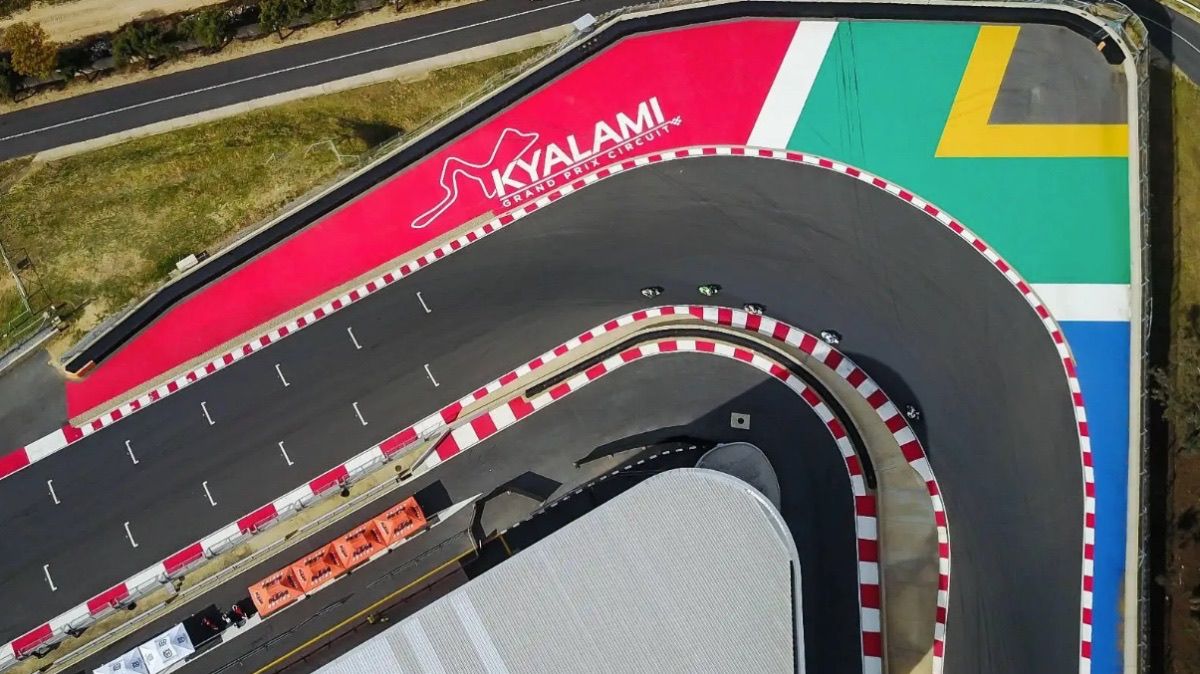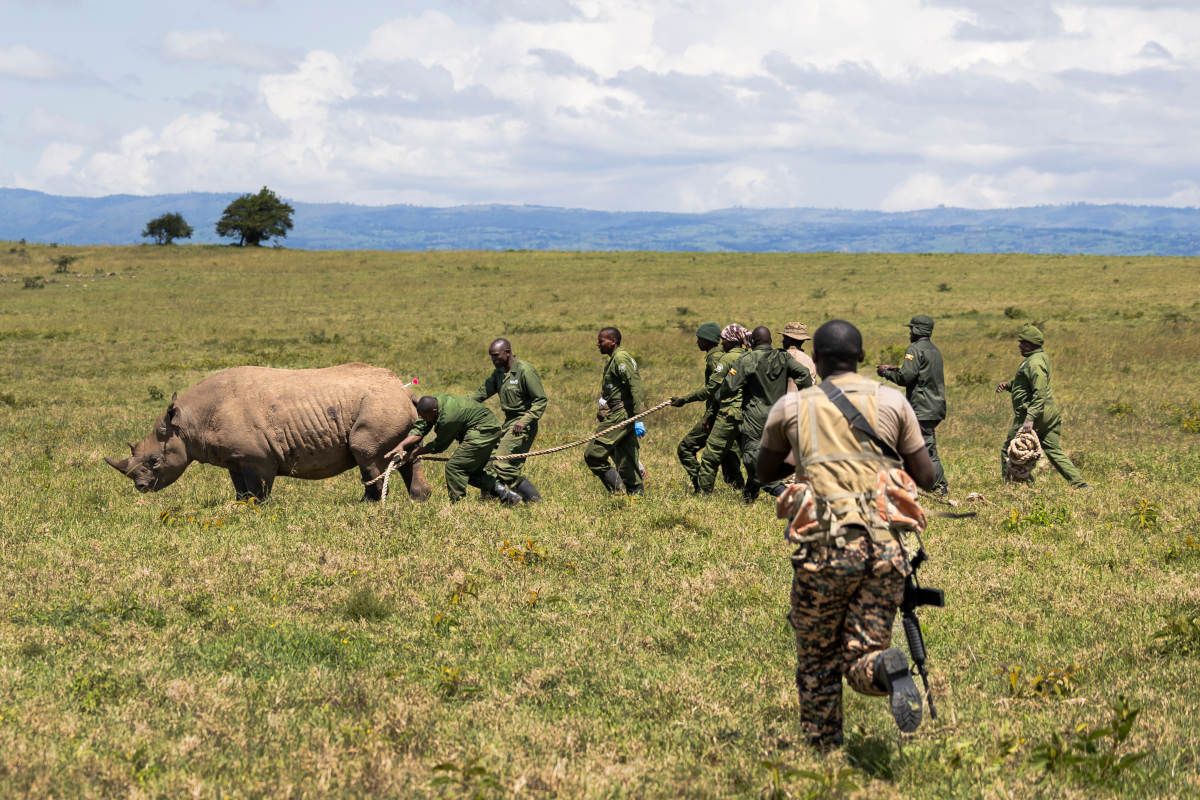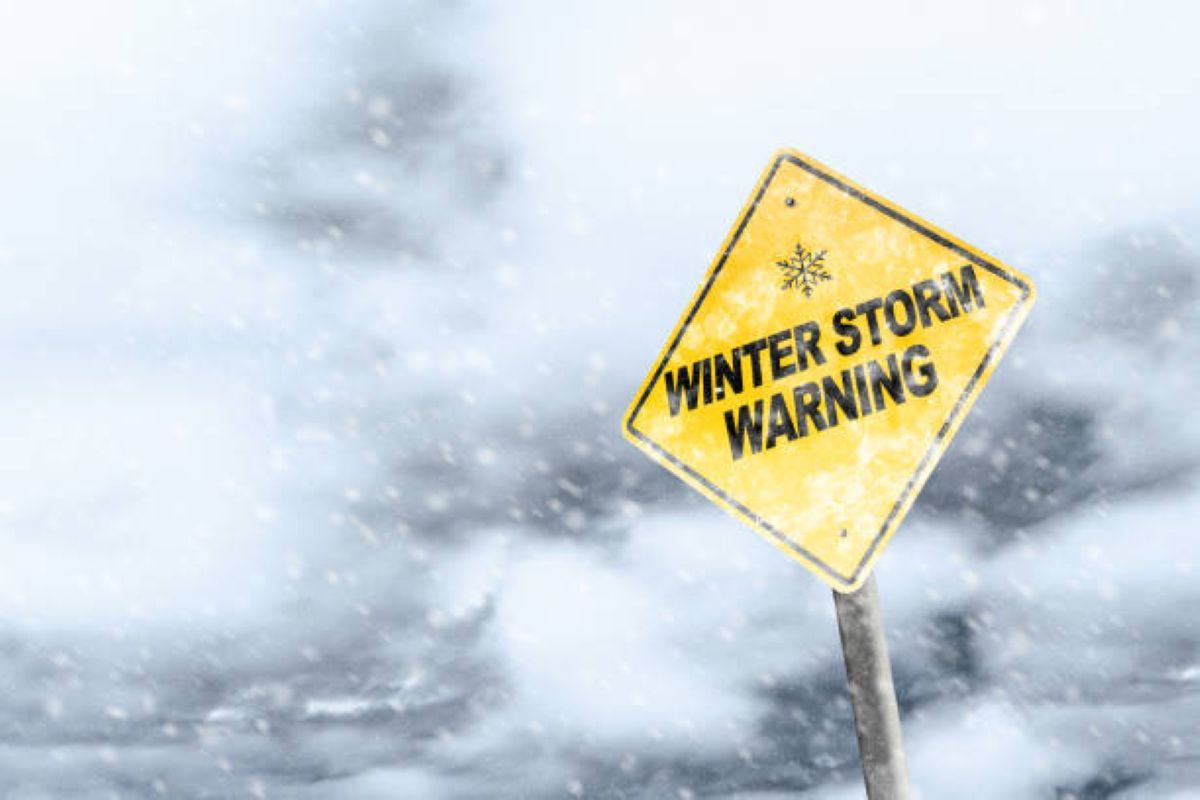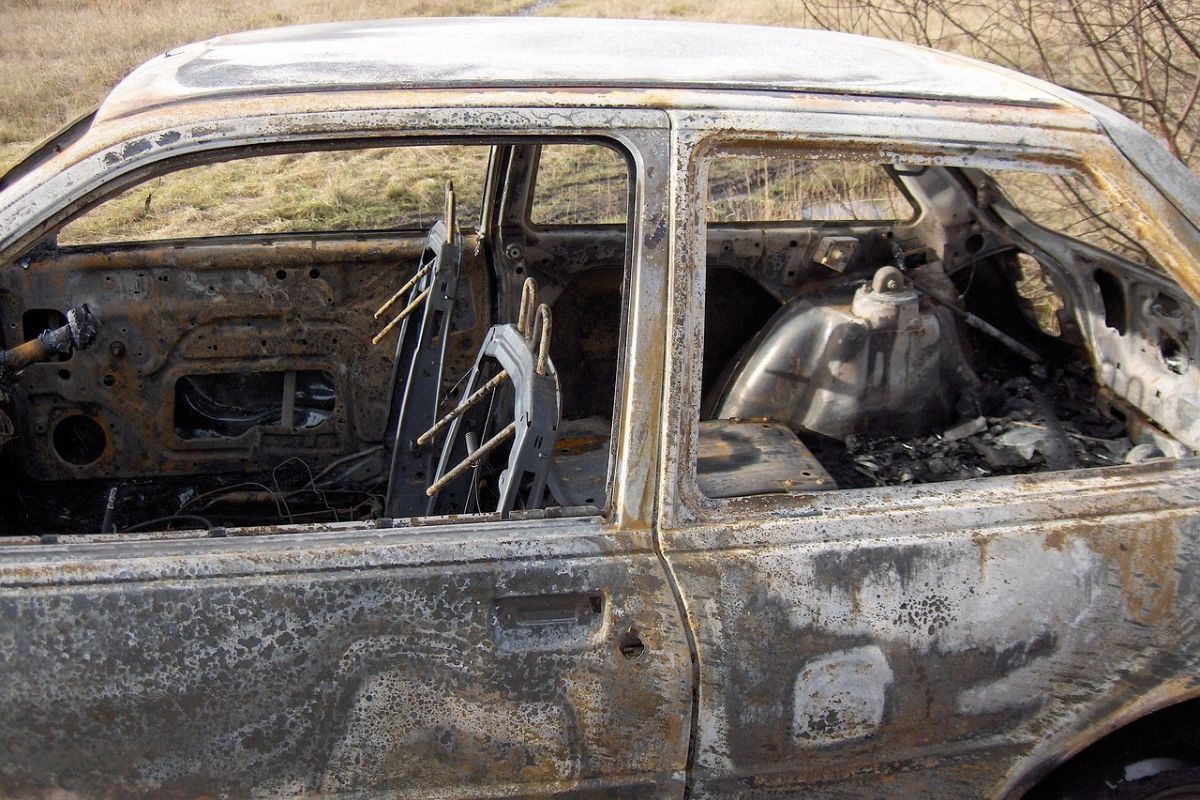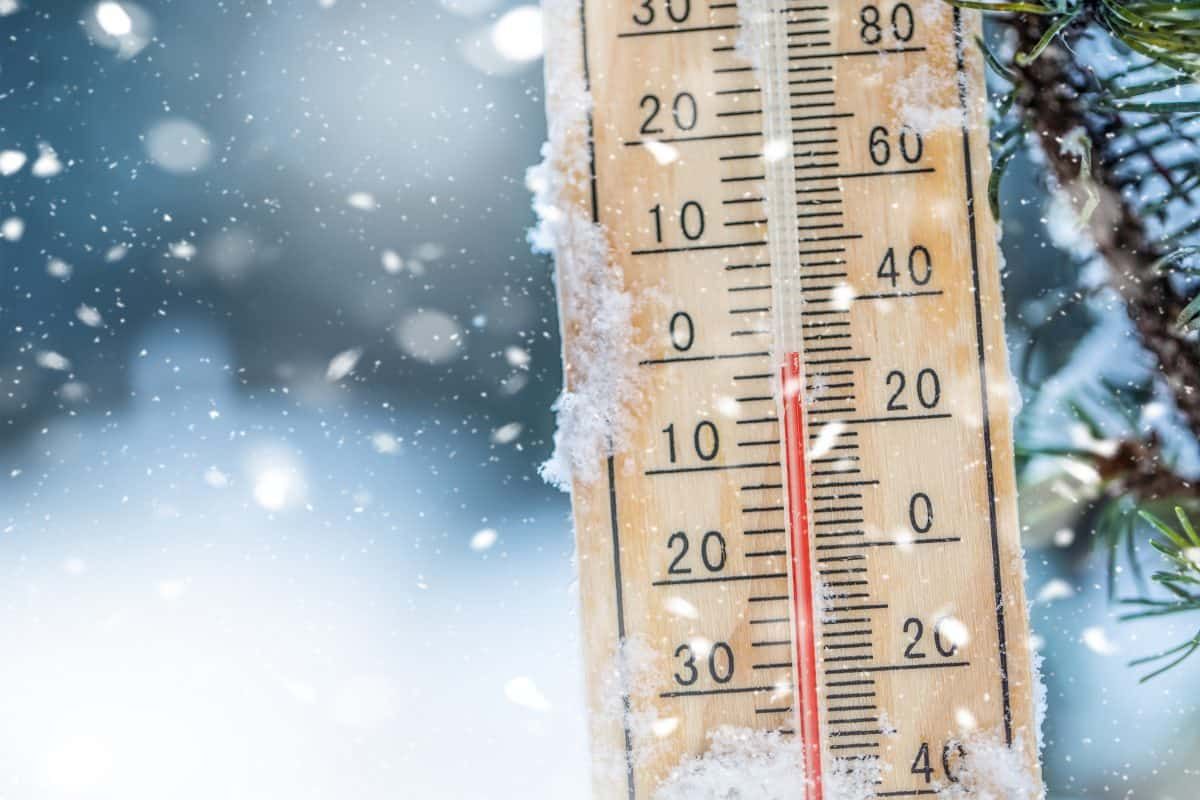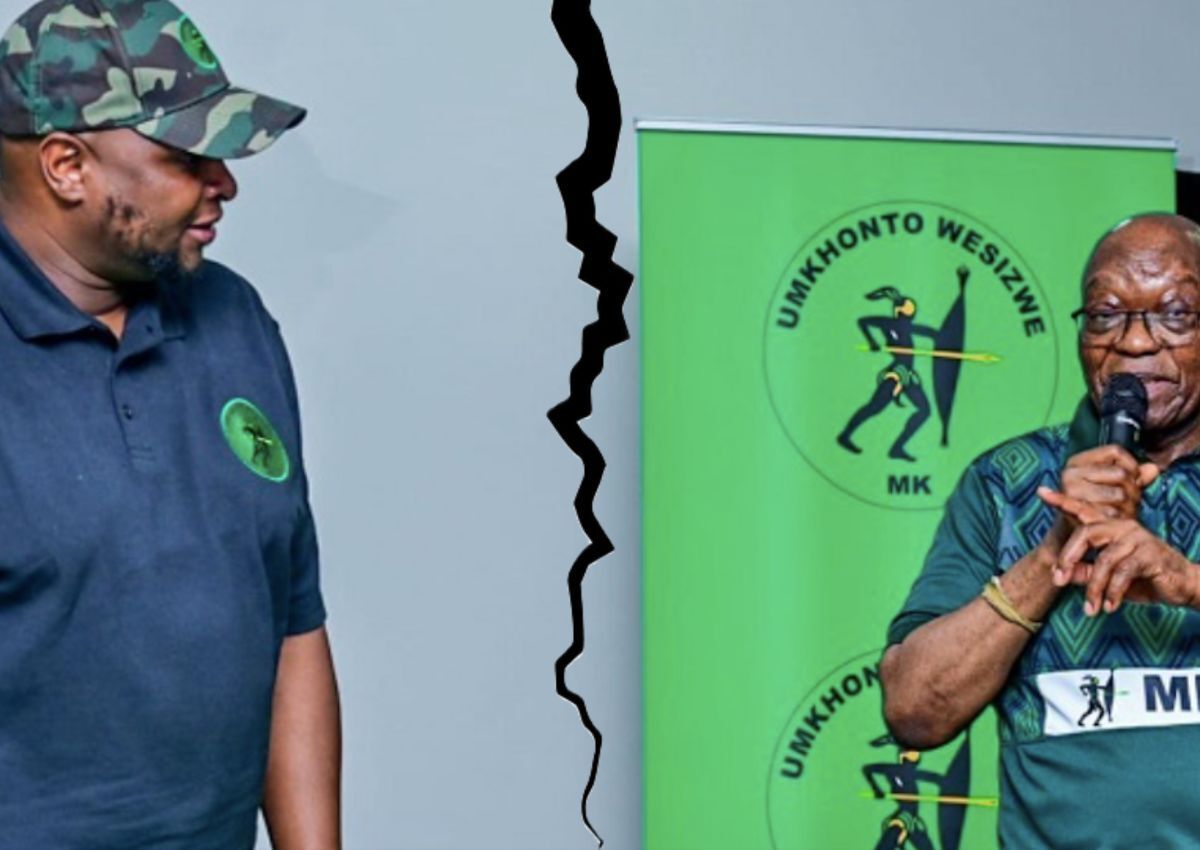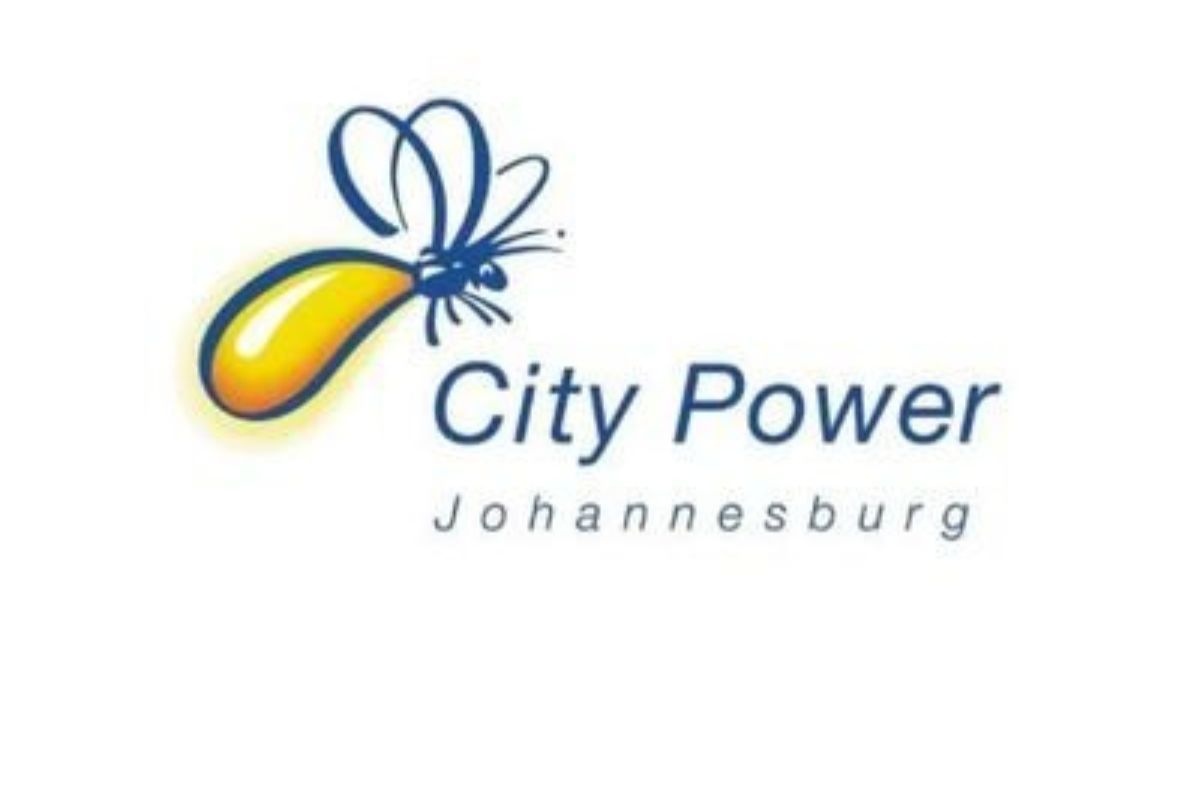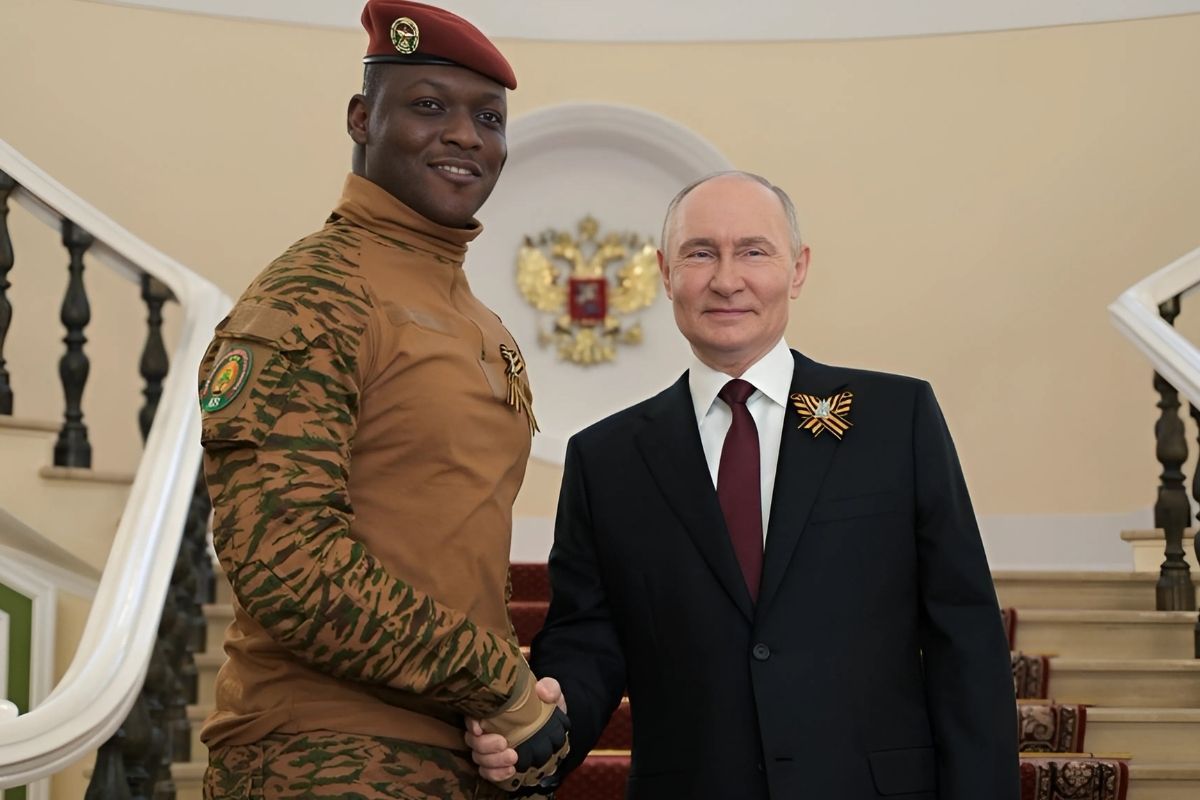
Vladimir Putin last week approved a nuclear deal with Maliand Burkina Faso through the Russian State Atomic Energy Corporation (Rosatom).
The agreement covers the construction of research reactors and nuclear power plants to supply the civilian population’s energy needs.
This follows March 2025 talks and an October 2024 memorandum signed between Rosatom and Burkina Faso.
The agreement is a significant shift in West African energy alliances and reflects Russia’s overall geopolitical strategy.
POLITICAL REALIGNMENT AND ENERGY SECURITY
Mali and Burkina Faso, both run by military juntas, have kept their distance from Western institutions since 2021.
In January 2024, the two countries, along with Niger, announced their intention to withdraw from the Economic Community of West African States (ECOWAS).
Furthermore, in January 2025, the formal exit took place. These three countries currently make up the Alliance of Sahel States (AES).
Only 21% of Burkina Faso’s population has access to electricity, unlike Vladimir Putin’s Russia, which boasts a nearly 100% rate.
The nuclear deal, led by Rosatom, is part of a larger effort to address the country’s ongoing energy shortages.
These nations aim to reduce their reliance on imported oil and biofuels, which currently account for the majority of their energy mix.
ROSATOM AND ITS REGIONAL IMPLICATIONS
Rosatom, under Vladimir Putin’s authority, will oversee the nuclear fuel cycle and infrastructure development in both Mali and Burkina Faso.
To increase its footprint in Africa, the company has signed deals with Rwanda and Nigeria in addition to a $30 billion project (approximately R541.5 billion) in Egypt.
Rosatom’s engagement in Burkina Faso builds on previous mining collaborations, such as a gold mining licence awarded to Russia’s Nordgold in April 2025.
To ensure sustainability and safety, experts warn that nuclear infrastructure requires significant regulatory oversight and long-term investment.
THE PATH FORWARD: NUCLEAR DEAL
A deeper strategic realignment in West Africa is reflected in the nuclear deal between Vladimir Putin and the Alliance of the Sahel States (Mali, Niger, and Burkina Faso).
The Royal United Services Institute’s (RUSI) senior research fellow, Dr. Dariya Dolzikova, has expressed “serious concerns”.
Her concern is about Russia’s nuclear safety record, especially in light of its military occupation of Ukraine’s Zaporizhzhia nuclear facility.
According to her analysis, Russia controls documented safety violations. The International Atomic Energy Agency (IAEA) has not publicly commented on the agreement.
Timelines and funding information are not made public.
RUSSIA AND BURKINA FASO SEAL HISTORIC NUCLEAR DEAL
On 19 June 2025, Russia and Burkina Faso signed an Agreement on Cooperation in the Peaceful Use of Nuclear Energy at the St. Petersburg International Economic Forum (SPIEF 2025).
Moreover, the agreement creates a legal framework for nuclear cooperation.
The deal covers isotope production, infrastructure development, nuclear safety regulation, and training for Burkina Faso’s nuclear industry.
IS PUTIN HELPING OR TAKING ADVANTAGE OF AFRICAN COUNTRIES?
Let us know by leaving a comment below, or send a WhatsApp to 060 011 021 11.
Subscribe to The South African website’s newsletters and follow us on WhatsApp, Facebook, X and Bluesky for the latest news.
